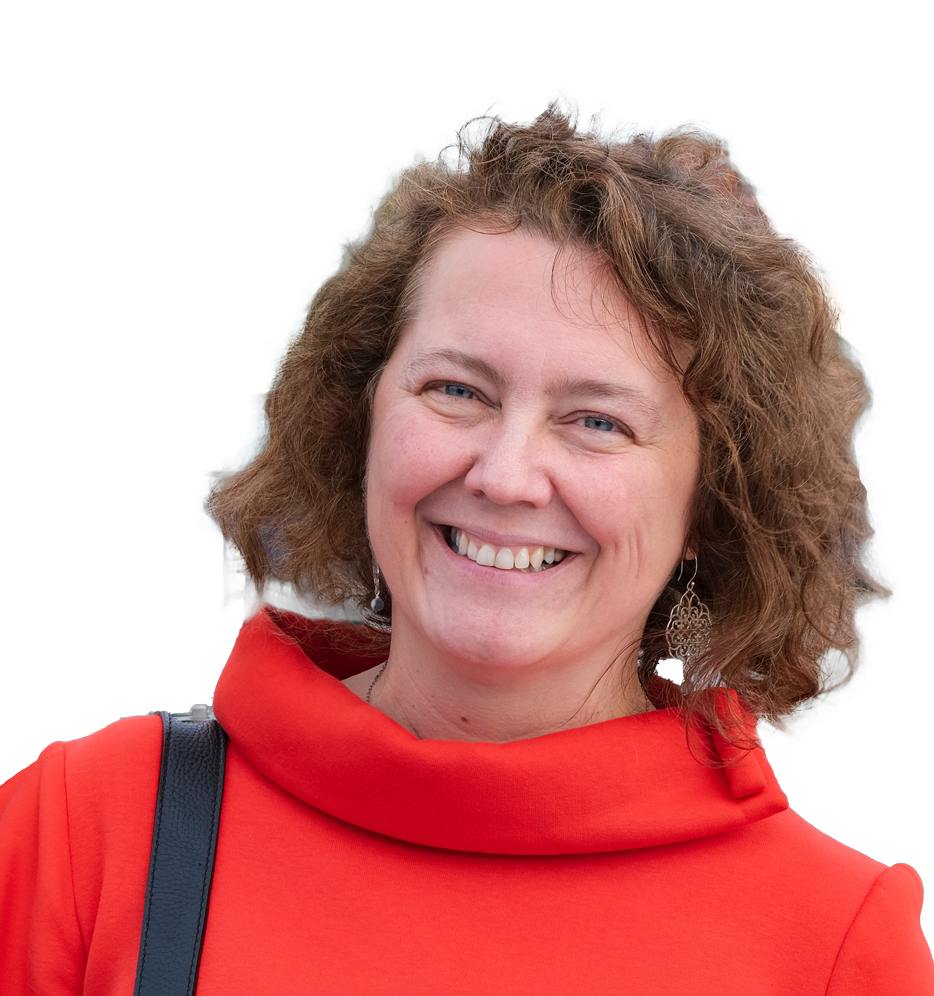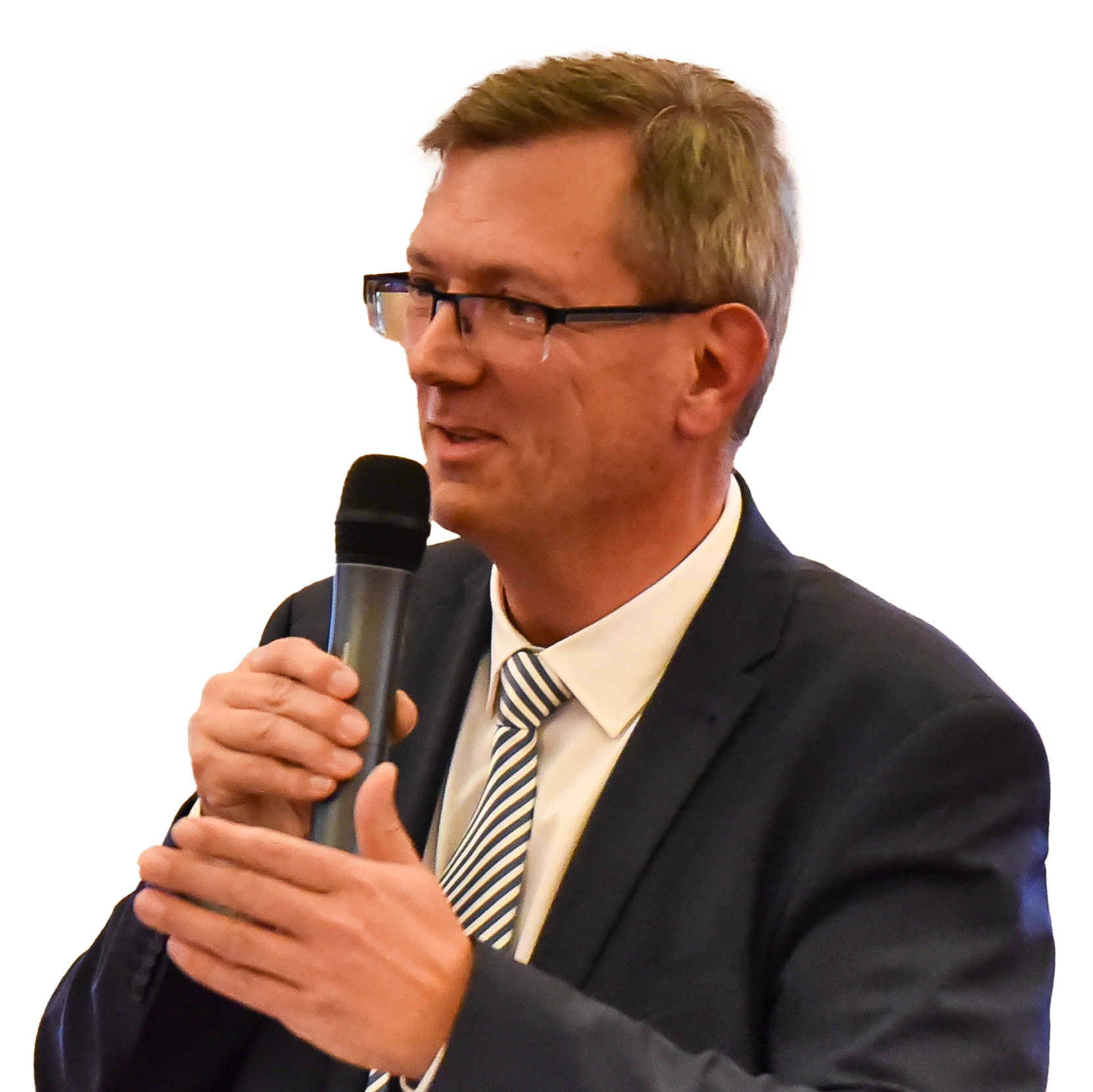
The world of inland ports
I had the chance to discover the world of inland ports from 2009 to 2013. I started as Director at EFIP in 2009, at the time when EFIP had decided to have a joint secretariat with ESPO while remaining an independent organisation, with its own members, priorities and activities. My first meeting with EFIP members was at an Executive Committee meeting in the Ukrainian port of Ochakov, hosted by Andrey Charapanov. On the way to Ukraine, Willy Robijns, the president of EFIP at that time, shared an Excel sheet with me containing EFIP members, providing me the first insights into the world of inland ports and their representatives. I had an interesting and very enjoyable time in Ukraine and very quickly Willy’s excel list came to life. I met enthusiastic inland port directors from different regions of Europe, each sharing their story about their ports, and (offering an excellent glimpse into the good life, and short nights!).
With the EFIP offices housed within the ESPO secretariat, we benefitted as a “smaller sister” of the support, and experience of larger seaports organisation - which was very welcome as a starter in this function. But safeguarding EFIP’s identity and raising the profile of inland ports was a priority. Both went hand in hand: EFIP gained in importance while being under the “umbrella” of the ESPO secretariat.
To put ourselves on the map, EFIP decided in 2010 to organise a two-day “Inland port Regatta” during the Belgian EU Presidency. We kicked off with a reception in the European Parliament, followed by a two-day trip by bus around Belgian member ports. In each port we discussed a topic of importance. It was interesting, but also a lot of fun and EFIP members, who were not entirely convinced about the move towards the ESPO offices, forgot about their reservations.
It was during the period when the new TEN-T guidelines were under discussion. For the first time, the TEN-T network would not only include roads, railways and inland waterways, but also focus on nodes, such as, seaports, airports and major cities. And inland ports? “Inland ports?? Not really”, said the Commission. Step by step, we tried to explain the nodal function of an inland port, being more than just an (un)loading point on an inland waterway. We explained policymakers that seaports should not only look at the sea but also at the hinterland where inland ports could play an important role in relieving congestion at seaports and serve as inland nodes connecting inland waterways with rail and road.
As a result, inland ports got integrated into the TEN-T network, and even made it to the core network. I remember the then TEN-T Director at DG MOVE, Jean-Eric Paquet saying: “I have started to love inland ports, they are interesting!”
In 2013, after four years with (or working with) EFIP, I was offered the position as Secretary-General of ESPO and decided to accept it, despite the difficulty leaving behind “my” inland ports. Because like Jean-Eric: I had started to love inland ports.
Over the last ten years, I have continued to keep an eye on the inland ports, and on EFIP. And it is clear: EFIP is doing well, EFIP is in good hands. And this is important. The subsequent crises Europe is facing are also changing and impacting inland ports: climate change makes inland waterway transport more challenging, the war in Ukraine is changing the role and importance of the Danube ports, and the Green Deal and green transition implies new opportunities for inland ports while also raising investment needs. Now more than ever, inland ports in Europe must rely on a strong and united voice in Brussels to navigate them safely and efficiently through this world in transition. I wish EFIP a lot of success in its future endeavours and congratulate EFIP, its members, its Director, Turi and its Chairman Antoine with this 30th anniversary. Keep on moving!






